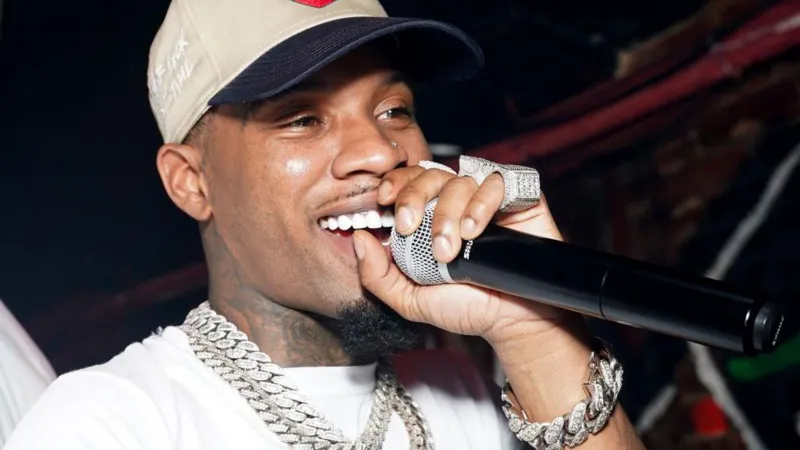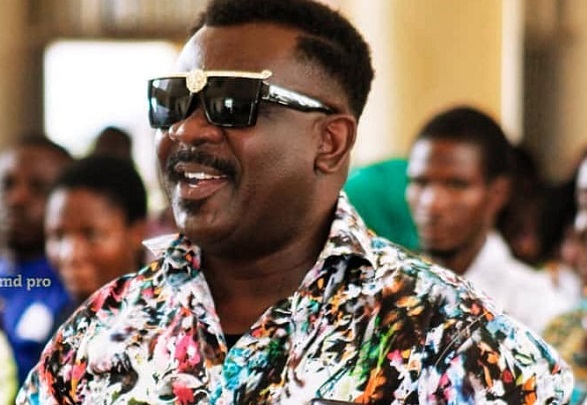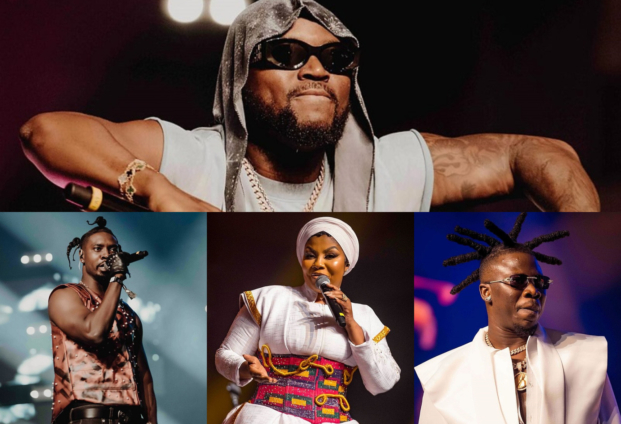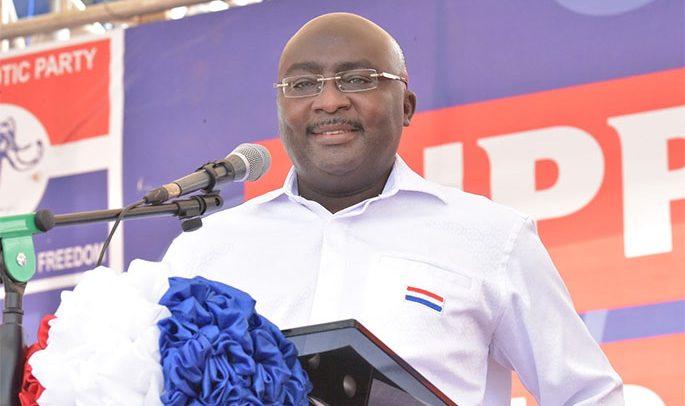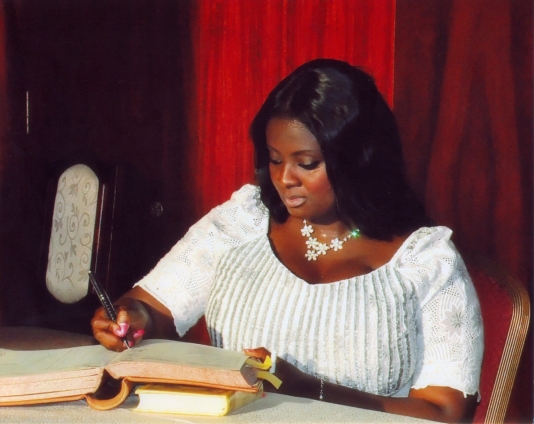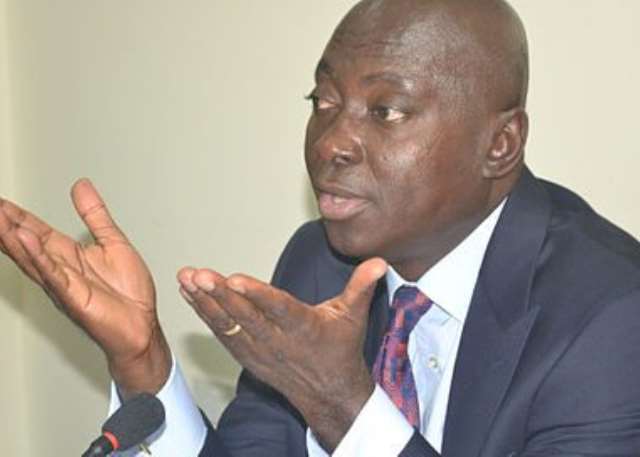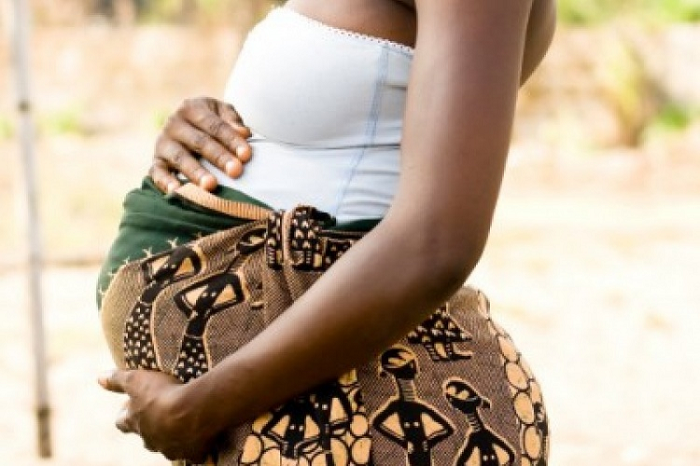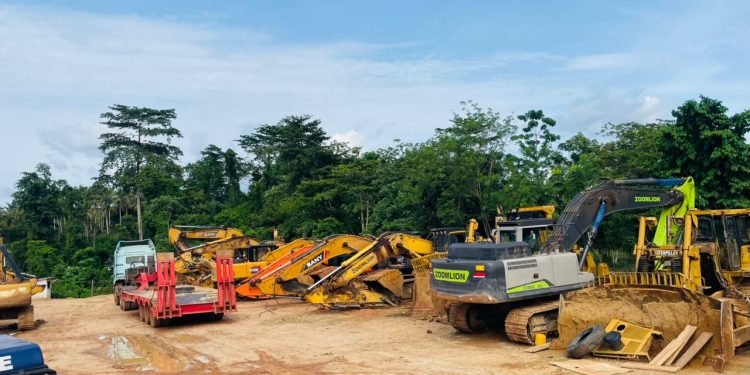Mahama will win with the economy, good governance and employment as pointers – A survey report

The series presents analysis of a survey conducted by the author. Its essential enquiry is to test voters desire of who will become the next President of Ghana in the 7th December 2024 national election.
The contention as to who wins the next Presidential election in Ghana is a fierce one with many polls showing results of both candidates of the two major parties emerging as a winner. Admittedly, majority of the polls shows the former President John Mahama is most likely to return to power as the next President of Ghana.
Ghana’s Presidential election exemplifies a phenomenon many have described as a replica of America’s election of Donald John Trump as the 45th & 47th President. It looks like the Johns are at it again. Will John Mahama emerge to equate the America-Ghana analysis? The responds of participants in the survey report will be explored.
The survey adopted a quantitative methodology approach by administering eight (8) closed ended questions via WhatsApp to individuals. The response of two hundred and five (205) participants was collected within twenty-four (24) of the broadcasted questionnaires on 12th November, 2024.
In the foregoing paragraphs, I will present the survey findings in tables and analysis.
Gender Distribution
| Gender | No. |
| Male | 126 |
| Female | 79 |
| Total | 205 |
Source: Author’s fieldwork, 2024
Out of the two hundred and five (205) respondents, one hundred and twenty-six (126) were male and seventy-nine (79) were female gender. The difference in the gender ratio is not immediately known but can be akin to the fact that in Ghana the male gender is more active in party politics than the female gender though female voters are more than male voters per records of national elections.
More work must be done by the political parties to get more women to actively participate in politics not just as voters but by occupying political positions and doing more political advocacy; all encompassing. When more women are actively involved, their children (both male and female) who have attained voting age and their men participation ratio will increase. Perhaps in schools, clubs and societies, women participation in elections must be consciously heightened as stepping stones to national politics.
Age Distribution
| Years | No. |
| 20 – 25 | 16 |
| 26 – 30 | 36 |
| 31 – 35 | 36 |
| 36 – 40 | 69 |
| 40 – 50 | 28 |
| Above 50 | 20 |
| Total | 205 |
Source: Author’s fieldwork, 2024
From the table above, the youngest respondent to the survey is between the ages of 20 and 25 years. The limited age of respondents is above the minimum age of universal adult suffrage which is eighteen (18) years. It therefore enforces the point that respondents to this survey are matured and very well aware of what they were participating in whereupon their responses were intentional.
Significate of the age distribution are those from age 31 years to above 50 years which adds up to one hundred and fifty-three (153) out of the two hundred and five (205) respondents.
They form the majority on the age distribution table of the survey. Their age range suggests that they have responsibilities and are therefore in a position to tell what will influence their choice of a President. This will manifest later in this paper when the key question is asked “what will influence your choice of a President?”.
Marital Distribution
| Married | No. |
| Yes | 109 |
| No | 96 |
| Total | 205 |
Source: Author’s fieldwork, 2024
One hundred and nine (109) of respondents are married and ninety-six (96) are not married. Irrespective of their marital status they are all matured and capable of making decisions that pertains to their existence. Both married and unmarried respondents are of age and qualified to vote.
Distribution of Educational Qualification
| Qualification | No. |
| Secondary | 10 |
| Diploma | 25 |
| Degree | 100 |
| Masters | 58 |
| PhD | 12 |
| Total | 205 |
Source: Author’s fieldwork, 2024
The uniqueness of this survey respondents is that they are all well-educated which make their responds a ‘sine qua non’ to the study. Ten (10) respondents have secondary school qualification.
Twenty-five (25) respondents have diploma qualification. Hundred (100) respondents have degree qualification making it the highest number of respondents. Fifty-eight (58) respondents have master’s degree qualification. Doctor of Philosophy (PhD) is the highest academic qualification. Twelve (12) respondents hold PhD qualification.
The influence of educated people discussing national matters are more progressive than political rhetoric of party foot soldiers mechanically controlled by their political lords. The talk of quality leadership does not come to everyone. When that decision is swayed by mere political colours, it turns to national crisis of leadership paralysis.
Election 2020 Voter Distribution
| Voted | No. | % |
| Yes | 202 | 98.5 |
| No | 3 | 1.5 |
| Total | 205 | 100 |
Source: Author’s fieldwork, 2024
In order to test the voting interest in respondents, the question “did you vote in the 2020 election” was asked. 98.5% responded yes, they voted while 1.5% responded no, they did not vote. Reasons why they did not was not explored since it was a close-ended question.
The high percentage of respondents who voted in 2020 shows that their interest in democracy is very high which gives hope that if our democratic tenants are advanced no coup d’état will be acceptable in Ghana hence the need for our institutions to work effectively as the citizenry have entrusted power into their hands.
Election 2024 Voter Distribution
| Voted | No. | % |
| Yes | 200 | 98.5 |
| No | 3 | 1.5 |
| Total | 203 | 100 |
Source: Author’s fieldwork, 2024
Respondents to the survey were asked “will you vote in 2024,” 98.5% said they will vote while 1.5% said the will not vote. As compared to 2020 polls where all two hundred and five (205) respondents said they voted, two hundred and three (203) respondents said they will vote in 2024 making a difference of two (2) respondents who said they will not vote. What accounts to their decision is not immediately known.
Even though the two (2) respondents said they will not vote they answered other questions including what would have influence their choice of a presidential candidate.
Regional Voting Distribution
| Region | No. | % |
| Greater Accra | 143 | 70.4 |
| Ashanti | 32 | 15.8 |
| Central | 9 | 4.4 |
| Western | 6 | 3.0 |
| Eastern | 6 | 3.0 |
| North East | 3 | 1.5 |
| Bono | 3 | 1.5 |
| Ahafo | 1 | 0.4 |
| Total | 203 | 100 |
Source: Author’s fieldwork, 2024
In all respondents of the survey represents eight (8) regions out of the sixteen (16) regions in Ghana. 70% of respondents will be voting in the Greater Accra region. This figure is not in doubt since Greater Accra has the highest national voter population.
15.8% will be voting in the Ashanti region. 4.4% will be voting in the Central region. 3.0% will be voting in Western and Eastern regions respectively while 1.5% will be voting in North East and Bono regions respectively, and 0.4% in the Ahafo region.
Greater Accra is believed to be the battle ground for the decide who win as the next president of Ghana.
The fulcrum of this particular survey report is the question “what will influence your choice of a President?”. The response of participants on the table below is telling.
Distribution of Choice of a President
| Sectors | No. | % |
| Education | 0 | 0 |
| Economy | 93 | 46.3 |
| Good Governance | 68 | 33.8 |
| Employment | 40 | 19.9 |
| Digitalization | 0 | 0 |
| Total | 201 | 100 |
Source: Author’s fieldwork, 2024
Two (2) respondents said they will not vote, two (2) other respondents ticked multiple choices of the question “what will influence their choice of a President” contrarily to the instruction to tick one choice hence, were annulled leaving two hundred and one (201) responds for analysis.
It is striking that none of the two hundred and one (201) respondents responded to either education or digitalization as their choice of the next President. Rather, 46.3%, 33.8% and 19.9% of respondents said their choice of the next President will be based on the economy, good governance and employment. Looking at the quality of respondents to the survey, they cannot be dissuaded into choosing frivolity when the reality that confronting them and their dependants are kept in grey.
One will assume that for the loudness of this government in claiming to have implemented mass free secondary school education and digitalisation, Ghanaians would have recognised it enough for which reason to give them another term in office. After all, this government’s arsenal into the 2024 election is mass free secondary school and digitalisation when the loudest cry of many Ghanaians are the economy, good governance and employment.
The argument of mass free secondary school education has been amply answered in the previous article and need not be repeated rather to emphasis the need for quality. On the score of digitalisation, the jury is out there on the fact that the backbone was laid by John Mahama in his strides as a Minister for Communication and subsequently a President.
In actualising the wish of respondents who overwhelmingly gave pointers meaning that John Mahama’s policies are what the country need and therefore he will become the next President, please take the quotes below as your guide and spread it to all and sundry;
- “Your vote is your power. If you don’t use it, others will use it against you” Nelson Mandela
- “Democracy is not a spectator sport. You either participate or let others decide your future” Eleanor Roosevelt
- “The future belongs to those who vote for it today” Winston Churchill
- “A silent voter empowers the loudest fool” Unknown
- “To ignore politics is to empower the corrupt” Aristotle
- “Voting is not just a right, it’s a responsibility to safeguard our future” Thomas Jefferson
- “In a democracy, non-participation is a vote for the status quo” Barack Obama
- “When we don’t vote, we endorse the system we complain about” James Baldwin
- “An uncast vote is a voice silenced by apathy” Frederick Douglass
- “To abstain from voting is to give your voice to those least deserving of it” Benjamin Franklin
Let the voice of the people count!
Let us vote for peace, development and prosperity!
One Ghana, One people!!!
This is the third and final of three (3) series of articles to be published. The first article titled: ‘‘The insignificance of tribalism towards election 2024 – A survey report” was published on 18th November 2024 on page 17 of the Business & Finanacial Times.
The second article titled: ‘‘No future government will cancel Free SHS – A survey report” was published on 25th November 2024 on page 26 of the Business & Financial Times.
Source: Nii Armah ADDY(Business and Financial Times)






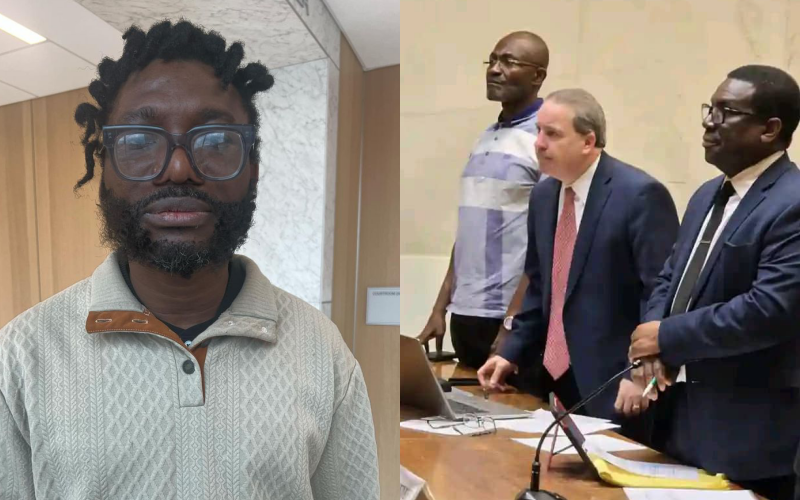
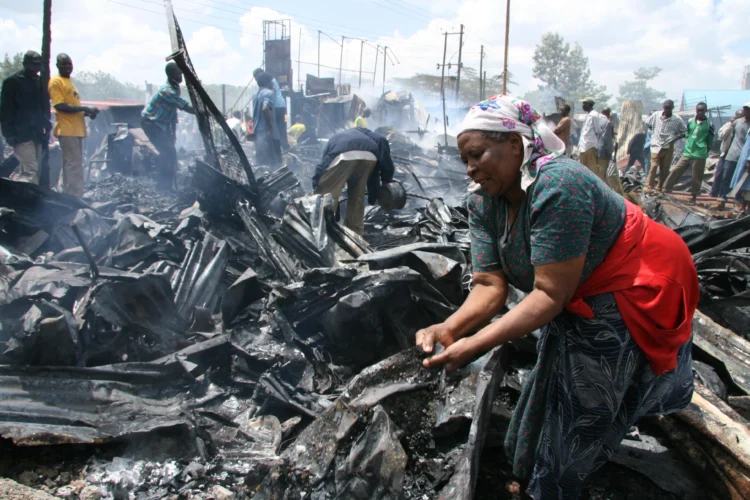

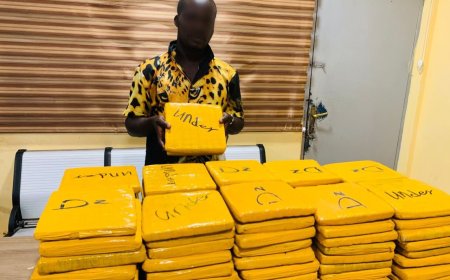










:max_bytes(150000):strip_icc():format(webp)/Health-GettyImages-WalkingBeforeOrAfterEating-8163e09e54e849e6bdff75aec25f55db.jpg)
:max_bytes(150000):strip_icc():format(webp)/Health-GettyImages-SugarVsSugarAlcohol-b00b016d36a54d58bc6ef22f74d35628.jpg)
:max_bytes(150000):strip_icc():format(webp)/Health-GettyImages-1490455140-867589cab1104d58b38a8c29bdc3bba0.jpg)

